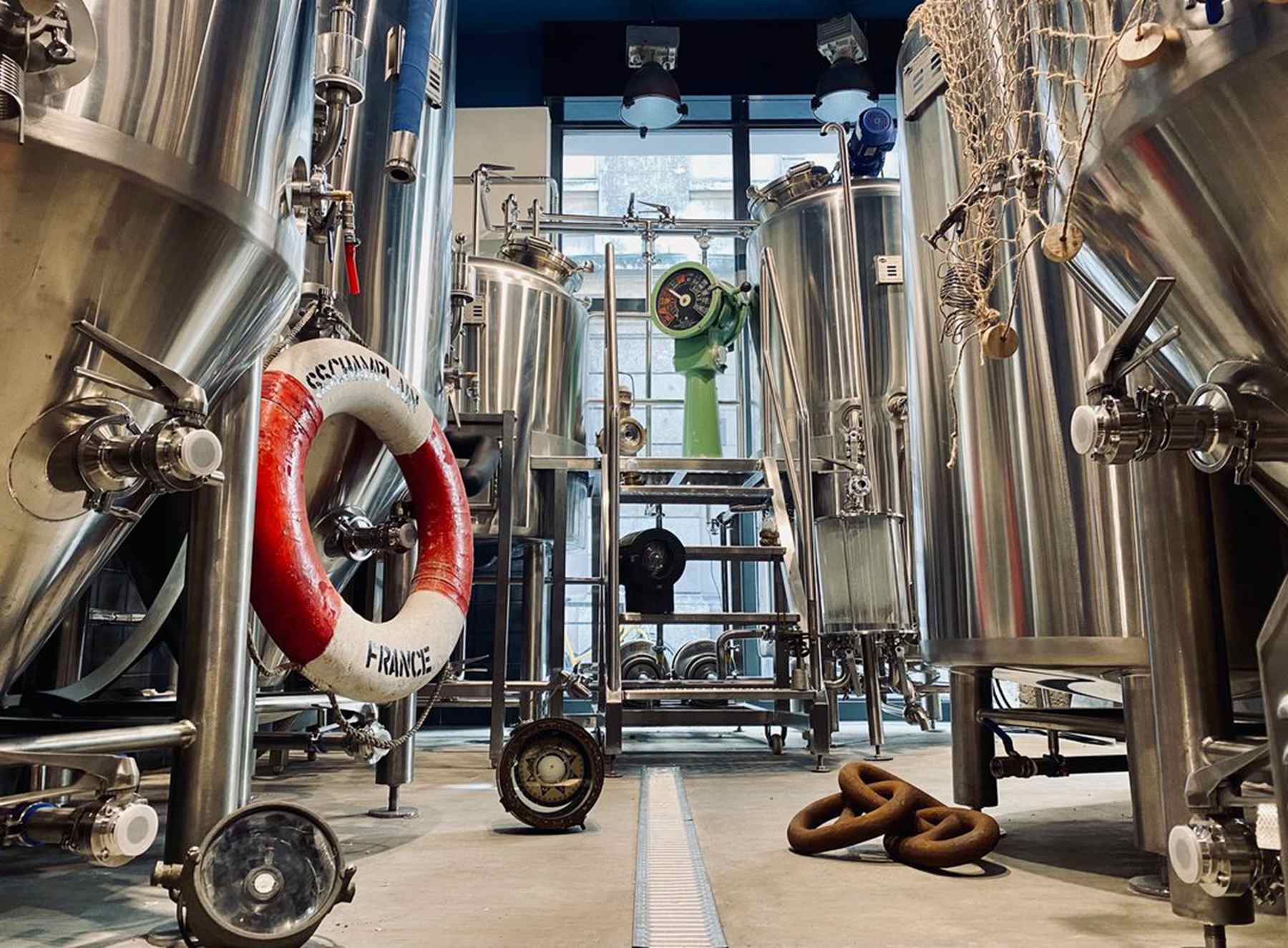
Brewing beer at home can be much cheaper than buying it, allowing you to experiment with different flavors, save money, and take pride in crafting your own unique brews. Home beer brewing kits come in various forms, from simple fermentation buckets to fully equipped brewing systems. When choosing a kit, it’s essential to consider your brewing needs, budget, and personal preferences.
What is a Home Beer Brewing Kit?
A home beer brewing kit includes everything you need to brew beer at home. These kits are designed to make the brewing process easy, convenient, and enjoyable for both beginners and experienced brewers. They typically include all the equipment and tools necessary for the entire brewing process, from handling raw materials to fermentation and storage. The complexity, size, and price of these kits vary, but they all provide the basic tools, ingredients, and instructions needed to brew delicious homemade beer.
All-Grain Brewing: This method involves brewing with malt, which requires mashing (soaking malt to extract sugars), sparging (rinsing to remove the last sugars), and boiling. It offers the most flexibility but can be the most challenging.
Extract Brewing: This method involves purchasing malt extract in syrup or powder form and skipping the mashing stage. It simplifies the brewing process but requires adding hops during the boil.
Beer Kits: These are a simplified extract brewing method where the malt syrup comes with hop extract already added, eliminating the need for boiling. You simply dilute the syrup according to the instructions, let it ferment, and then bottle it.
Typical home brewing kits include:
Fermenter: Made of stainless steel, plastic, or glass, this container holds the brew during fermentation. Each material has its pros and cons; for example, stainless steel is corrosion-resistant and easy to clean, while glass provides high transparency for monitoring the fermentation process.
Thermometer and Hydrometer: Used to monitor and control the temperature and humidity of the fermentation environment, ensuring optimal conditions for fermentation.
Brewing Pot: Essential for some beer types that require mashing the malt into a fermentable sugar solution.
Bottles and Caps: Used for storing and sealing the finished beer. The material, shape, and seal quality of the bottles and caps can affect the storage and quality of the beer.
Additional tools might include:
Malt Mill: For crushing malt and other ingredients to the right size for fermentation.
Stirring Paddle: For mixing the fermenting liquid to ensure thorough ingredient integration.
pH and Gravity Measuring Tools: To monitor the acidity and concentration of the fermenting liquid, helping to adjust the fermentation process.
Cleaning and Sanitizing Tools: To maintain a hygienic brewing environment and prevent contamination.
Most kits come with pre-measured ingredients such as malt extract, hops, yeast, and specialty grains. These ingredients form the foundation of the beer, providing essential flavors, aromas, and alcohol content.
How to Choose the Best Home Brewing Kit?
Experience Level: Consider your skill level when choosing a kit. Beginners should opt for complete brewing kits that include essential items like fermenters, filters, bottles, and caps. These kits are designed to simplify the brewing process for those with little to no experience.
Batch Size: Think about the amount of beer you want to brew per batch. Some kits are designed for small batches of one gallon, while others can produce five gallons or more. Choose a kit that fits your consumption needs and available storage space.
Budget: Home brewing kits come in a range of prices, from affordable options to high-end systems costing thousands of dollars. Determine your budget and select a kit that offers the best value without compromising on quality or features. Comparing prices of different brands and models online or within brewing communities can be helpful.
Brewing Type: Different brewing equipment suits different beer types. Some equipment is better for small-batch craft beers, while others are suited for larger-scale brewing.
Durability and Ease of Use: Consider the durability and user-friendliness of the equipment. High-quality stainless steel equipment is generally more durable than plastic, and electric systems may be easier to operate than manual ones. Advanced equipment with features like temperature control and timers can help you better manage the brewing process and improve the quality and consistency of your brews.
Still have a problem on choosing the brewery equipment? We can help with your final decision. If you are looking for a turnkey solution for craft beer brewing system, please contact us. We are looking forward to working with you. Send an email now: [email protected]
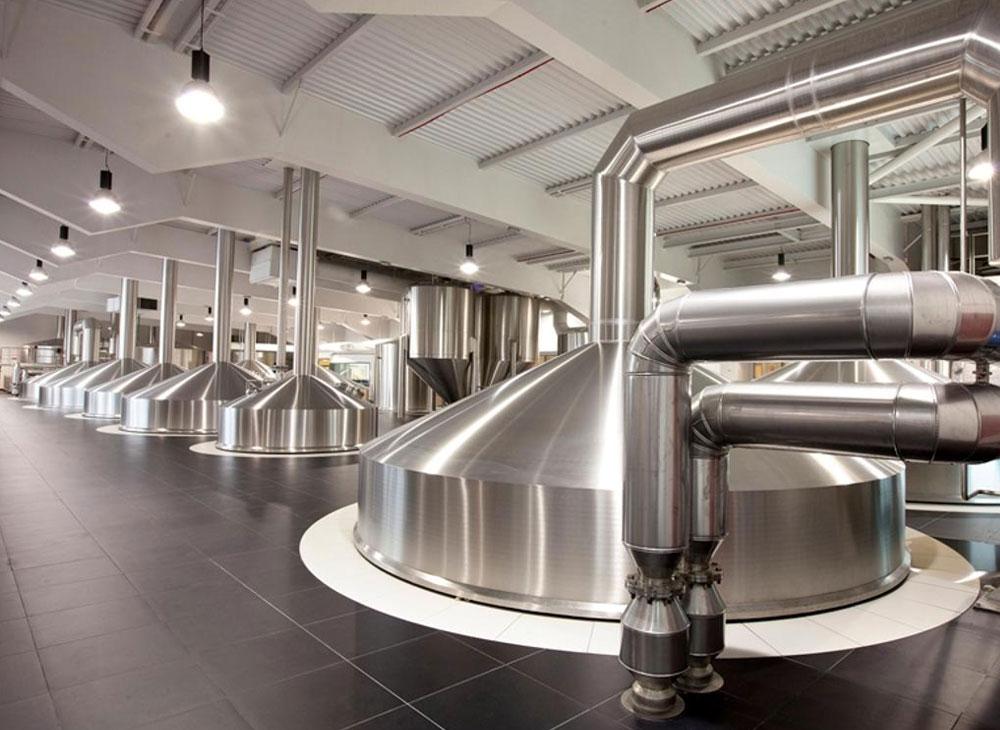
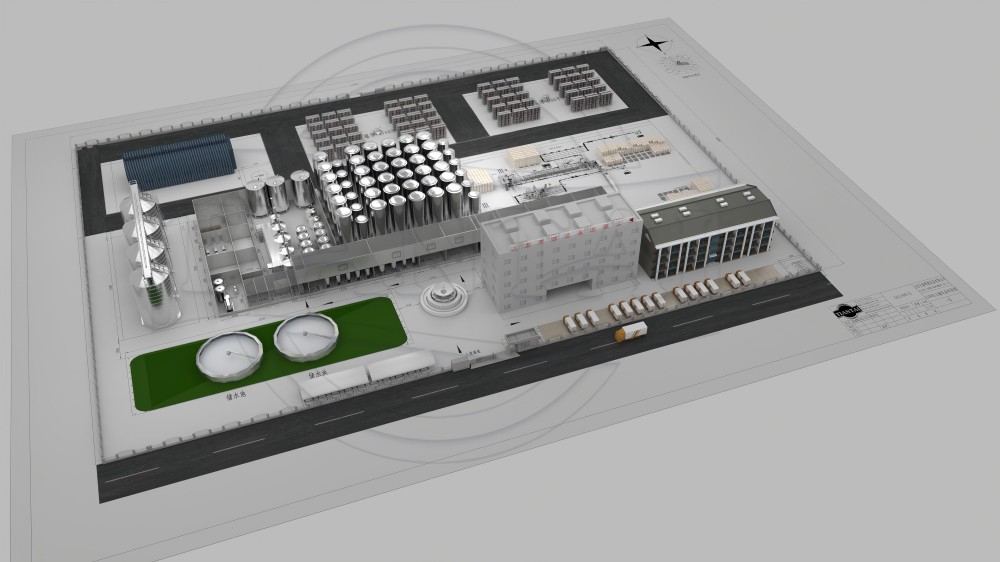
.jpg)
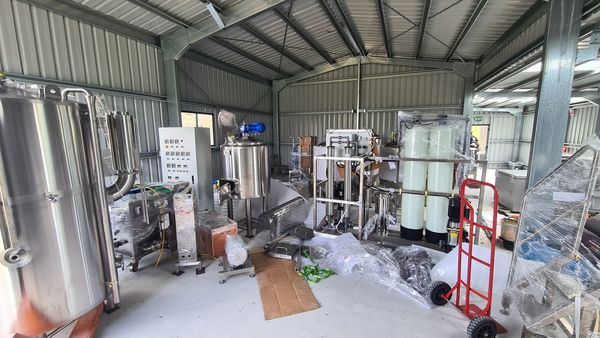
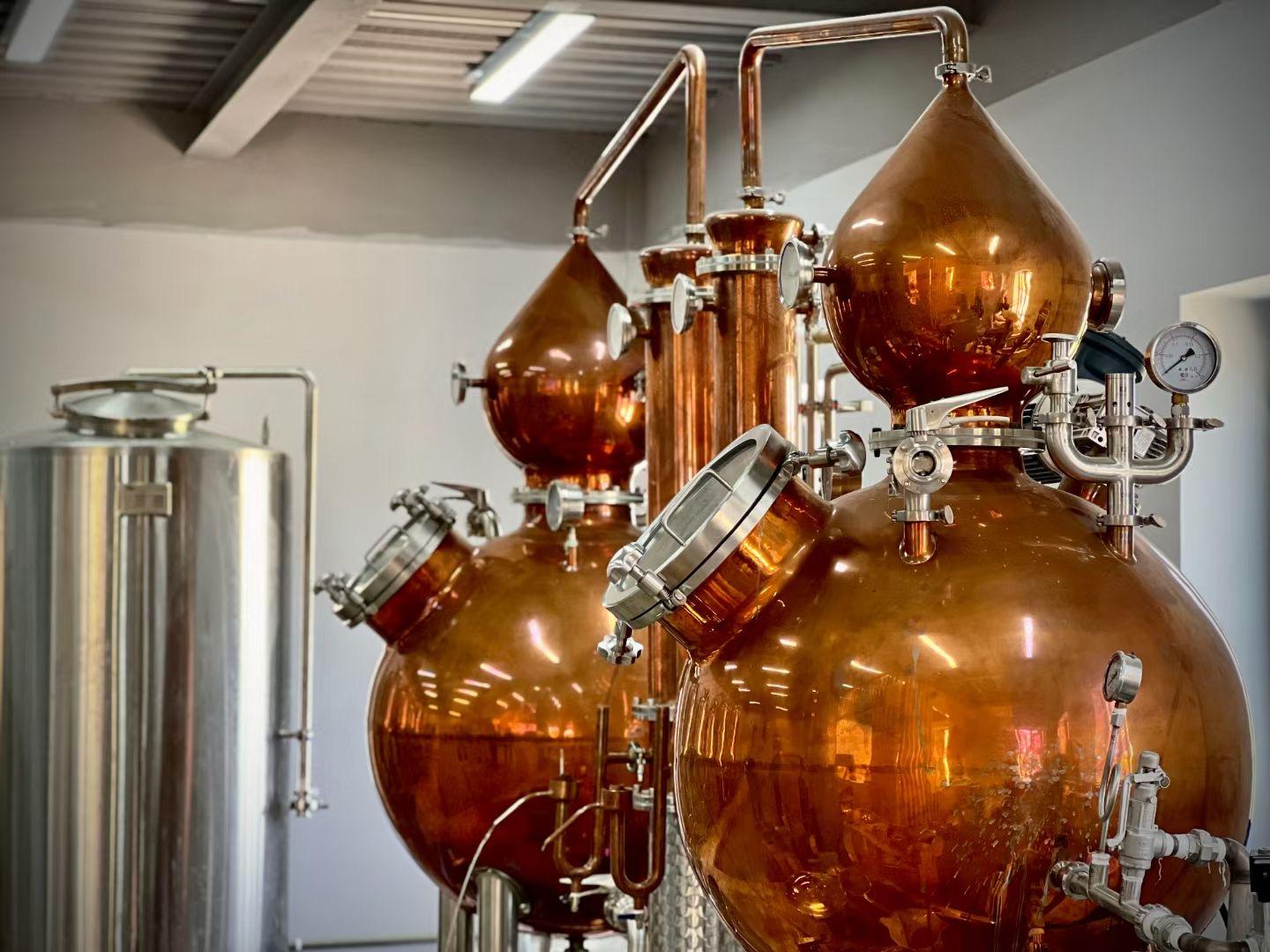
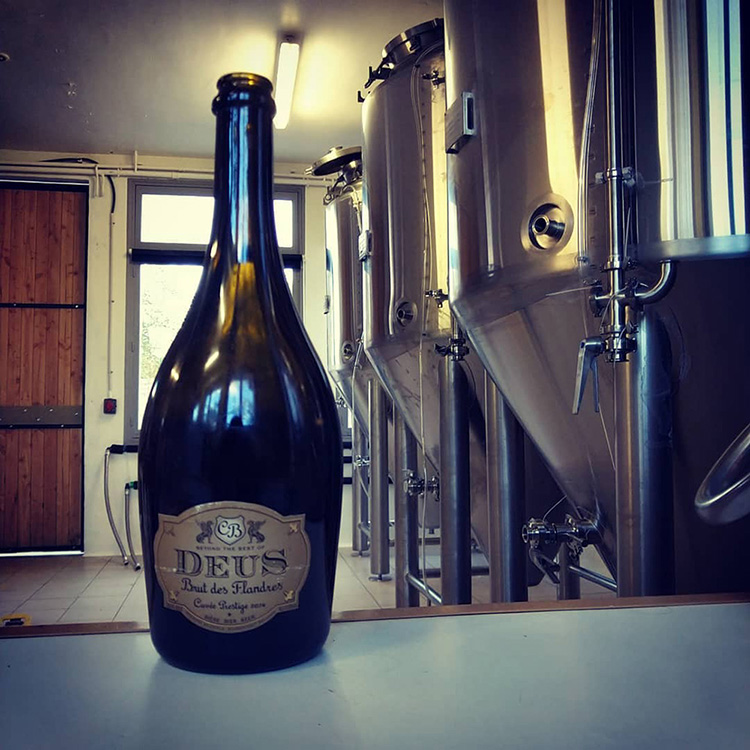
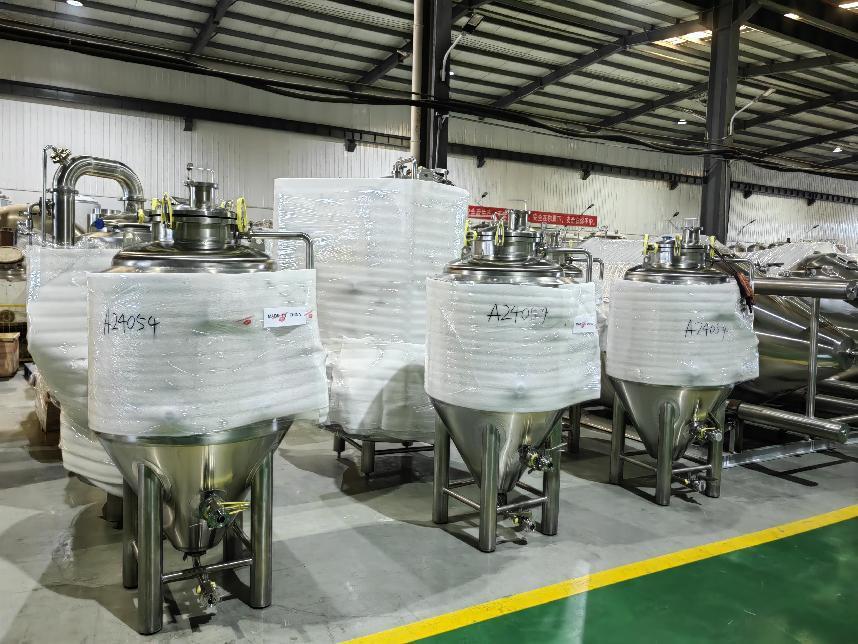
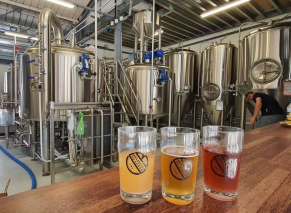
Get A Quote